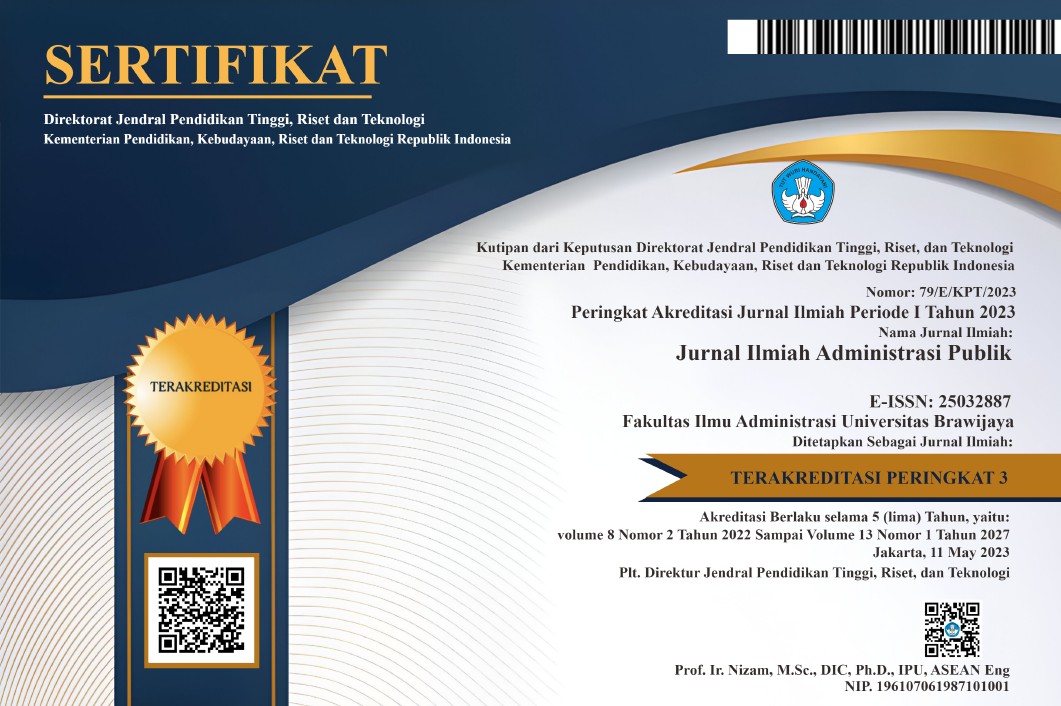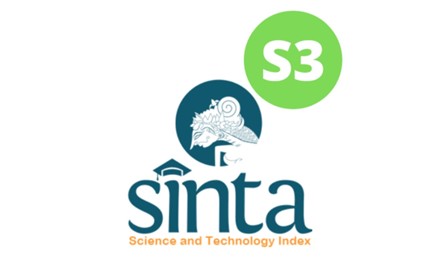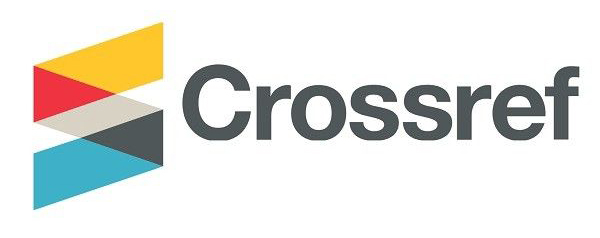Reform On Integrated Public Service Management In The Regions Based On New Public Service
DOI:
https://doi.org/10.21776/ub.jiap.2017.003.03.6Keywords:
NPS, Public Service Management, ReformAbstract
The more developed a country is, the more complex the public service management it requires. Thus, increasing public service provision has been a huge challenge for big countries around the world, especially for a country like Indonesia that adopts decentralized system of governance. Hence, for Indonesia, it is important to formulate and reinforce the service standards (Minimal Service Standards, Public Service Standards, and Operational Procedures Standards). This writing emphasizes on the Standards that are meant to be the reference for around 590 regencies/cities across Indonesia in terms of the establishment of Public Service. Public service standards need to focus on the citizens’ basic needs and civil rights for goods, services, and administrational services. Basic public services, especially in education, health, and infrastructure sectors, are determinant or key factors for a better quality life in a society.References
Avila, R., H. Feigenblatt, R. Heacock and N. Heller (2011). Global Mapping of Technology for Transparency and Accountability. Mimeo. London: Transparency and Accountability Initiative.
Bourgon, Jocelyne. (2007). Responsive, Responsible, and Respected Governmnet: Towards a Newe Public Administration Theory. International Review of Administrative Science. Vol 73(1):7-26.
Chun, Soon Ae, Luis F. Luna-Reyes, Rodrigo Sandoval-Almazan, (2012). Collaborative e-government, Transforming Government: People, Process and Policy.
Cooke, G., dan Muir R., (2012). The Relational State. London: IPPR.
Denhardt, Janet, V., dan R. B. Denhardt, (2011). The New Public Service: Serving, Not Steering. 3rd Edition. Armonk, NY: M. E. Sharpe.
________, (2003). The New Public Service: Serving, Not Steering. Armonk, N.Y: M. E. Sharpe.
________, (2000). The New Public Service: Serving Rather Than Steering. Public Administration Review, vol. 60, No. 6, pp. 549–559.
Dunleavy, P., H. Margetts, S. Bastow dan J. Tinkler, (2006). New Public Management Is Dead—Long Live Digital-Era Governance. Journal of Public Administration Research and Theory, vol. 16, No. 3 , pp. 467-494.
Foley, Paul, dan Steve Martin, (2000). A new deal for the community? Public participation in regeneration and local service delivery, The Policy Press.
Heeks, R., dan S. Bailur, (2007). Analyzing E-government Research: Perspectives, Philosophies, Theories, Methods, and Practice. Government Information Quarterly, vol. 24, No. 2, pp. 243–265.
Linders, Dennis, (2012). From e-government to we-government: Defining a typology for citizen coproduction in the age of social media. Brussel: Government Information Quarterly.
Millard, J., dan M. Wimmer, (2012). Analysis of current FP7 projects and future research challenges.
Nedham, Chaterine, dan Chaterine Mangan, (2007). A declining Public Service Ethos. In: Dibben P, Wood G, Roper I, James P, editors. Modernising Work in Public Services: Redefining Roles and Relationships in Britain's Changing Workplace. Basingstoke: Palgrave.
OECD, (2011). Together for better public services – partnering with citizens and civil society, OECD Public Governance Reviews.
Osborne, S. P., Z. Radnor, dan G. Nasi (2013). A New Theory for Public Service Management? Towards a (Public) Service-Dominant Approach. The American Review of Public Administration, vol. 43, No. 2, pp. 135-158.
UNDP, (2001). Transparancy and Accountability.
Downloads
Published
Issue
Section
License
If your paper is accepted, the author identified as the formal corresponding author for the paper will receive an email prompting them to login into Author Services; where via the JIAP Author Licensing Service they will be able to complete the license agreement on behalf of all authors on the paper.














